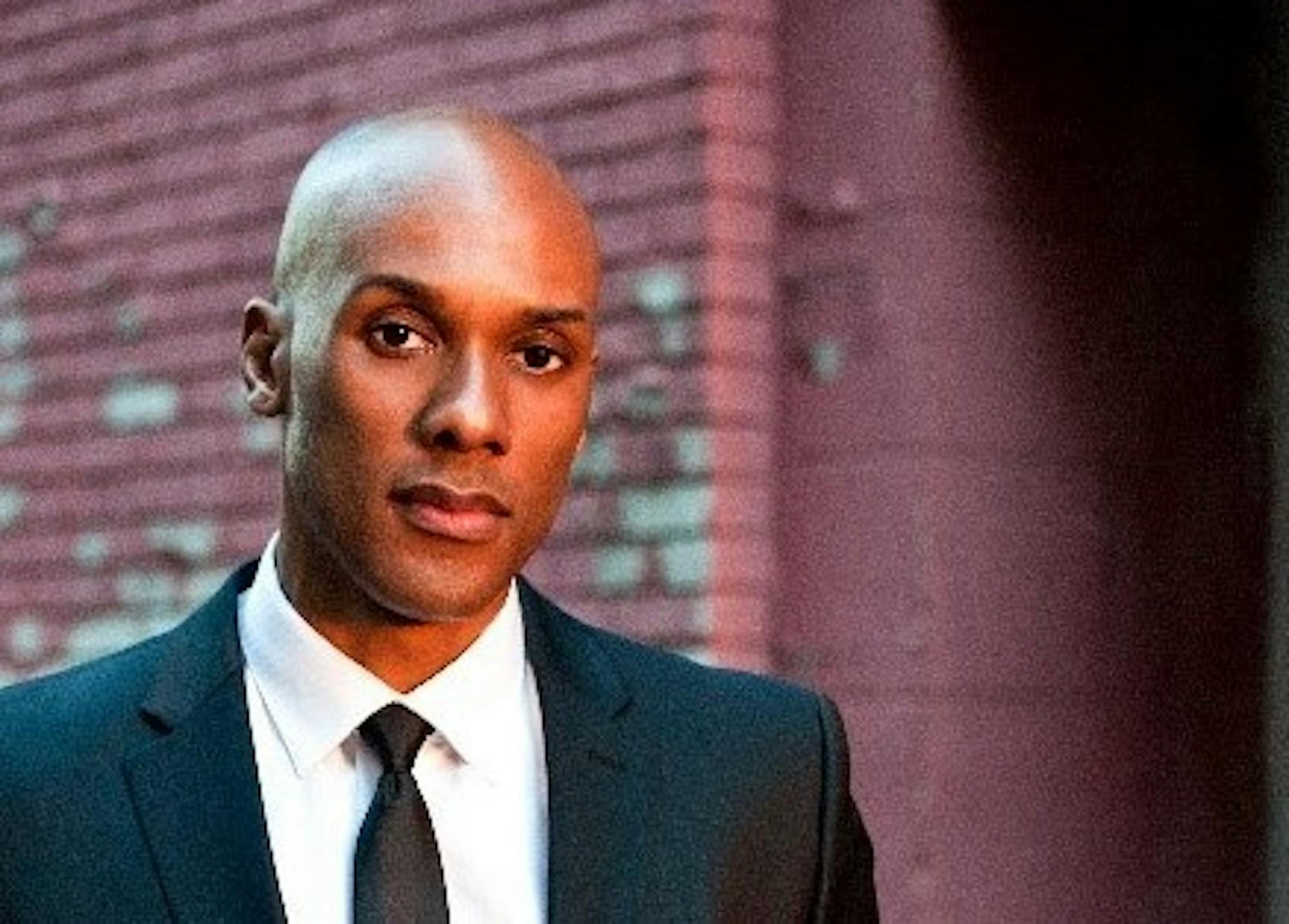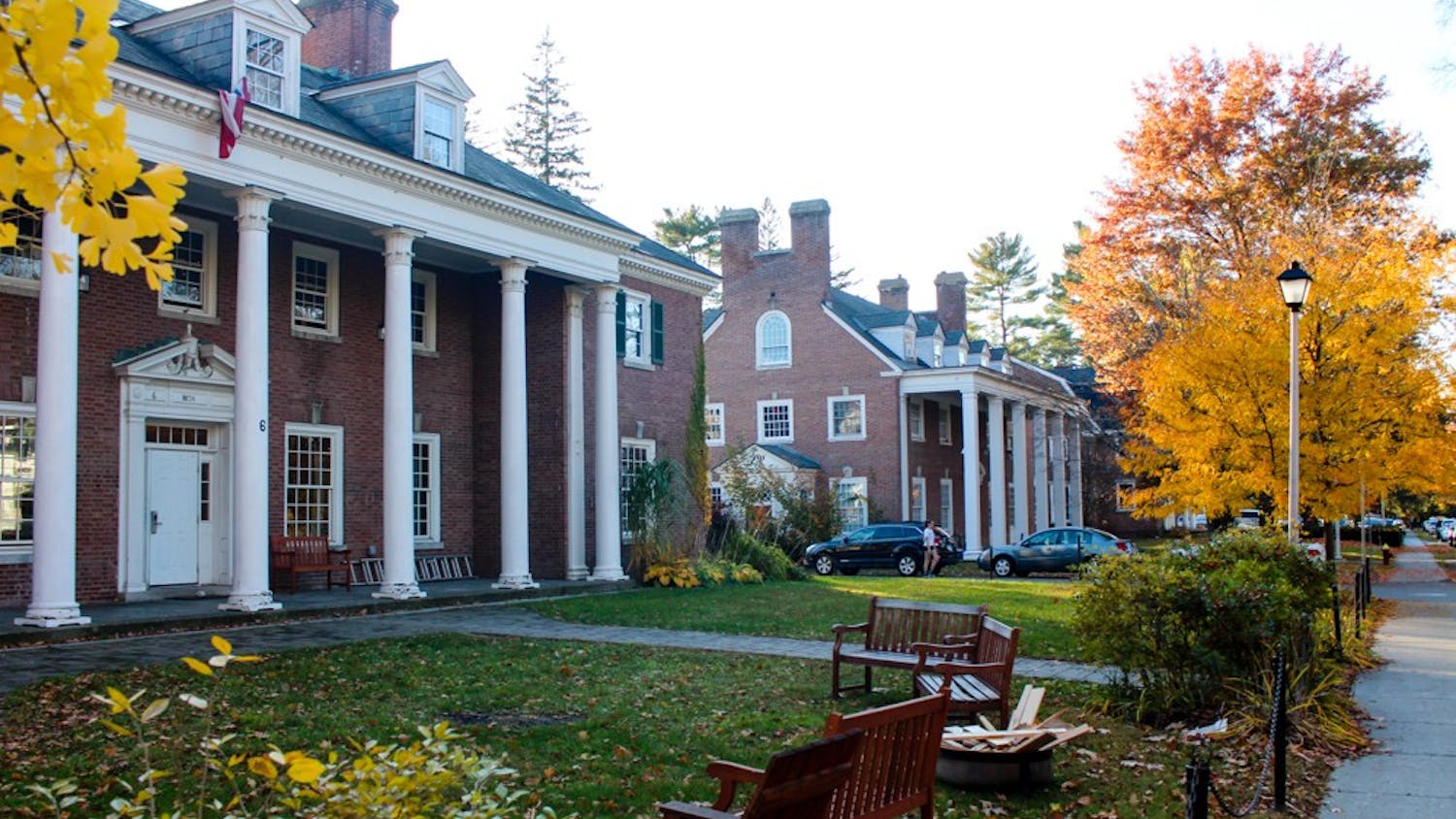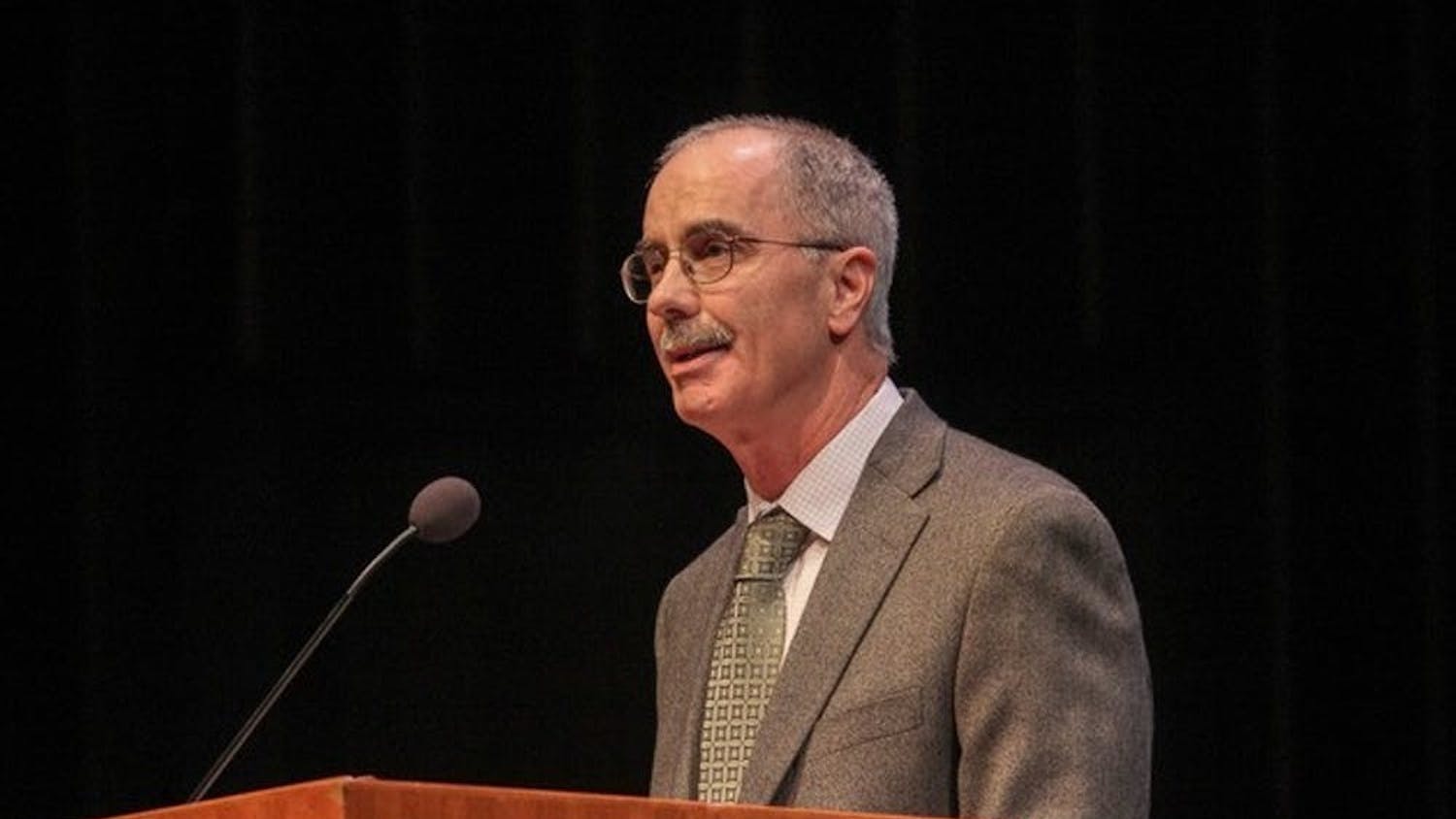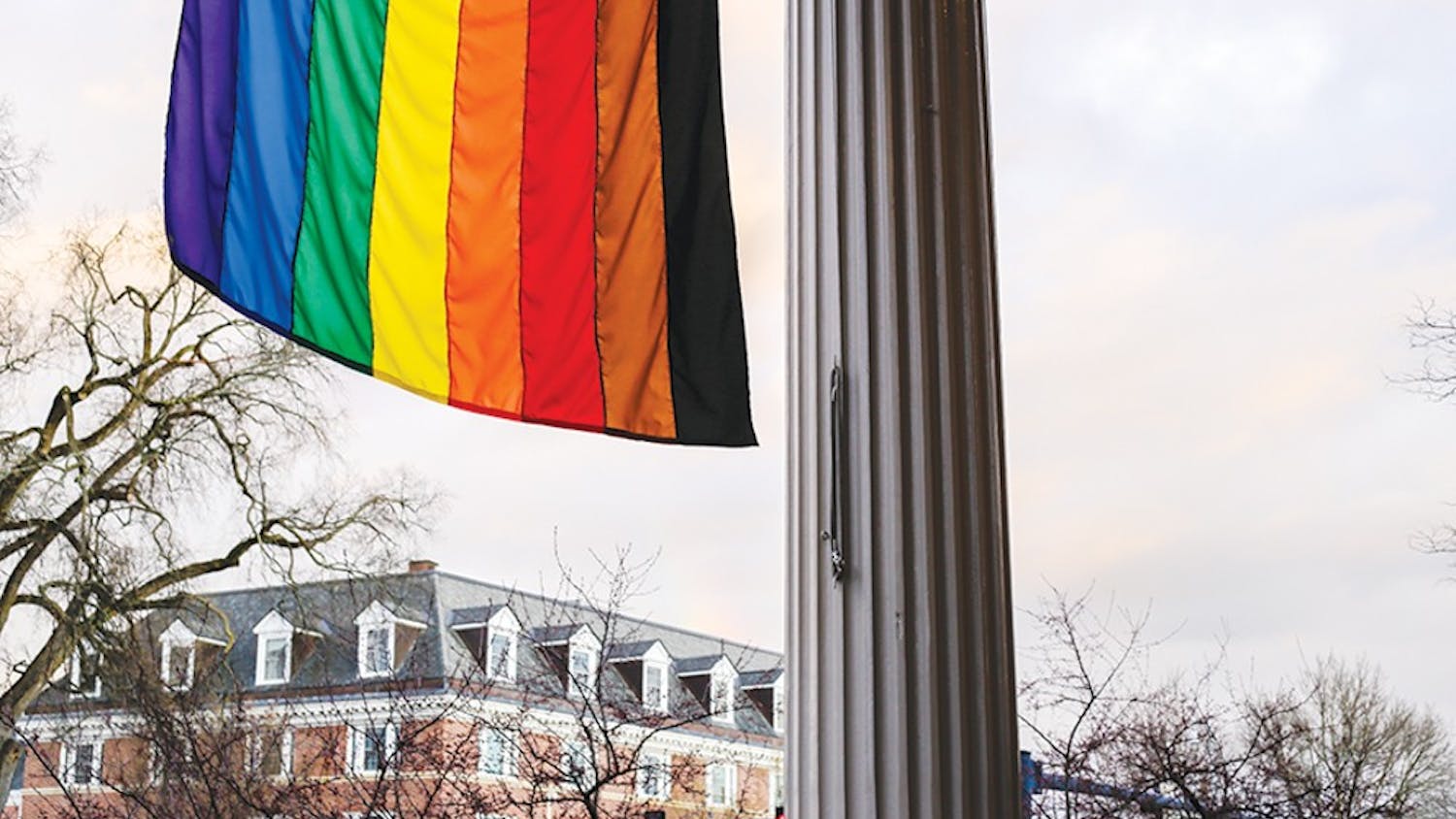On Wednesday evening, the Rockefeller Center for Public Policy hosted the Orvil E. Dryfoos ’34 Lecture, delivered this year by CNN commentator Keith Boykin ’87. His lecture covered a variety of issues ranging from America’s changing demographics to the upcoming election.
Boykin, who is also the co-founder of the National Black Justice Coalition, structured the event around three races he said he has faced in his life — a physical race to report on the 1986 Shantytown protests at Dartmouth, a presidential race working for Bill Clinton’s 1992 campaign and a race against time while dealing with the death of his stepfather this year. He also noted how his experience at both Dartmouth and Harvard Law School influenced his eventual interest in politics, recounting how covering the Shantytown protests at Dartmouth and protesting the lack of faculty diversity at Harvard helped him understand the importance of the media and student activism.
Boykin also discussed his upcoming book “Race Against Time: The Politics of a Darkening America,” which examines America’s changing demographics, and how, despite America’s path toward a non-white majority, there has not been a proportional shift in the number of people of color in government. He also mentioned the connection between the Trump presidency and the Black Lives Matter movement, pointing out how our current political climate creates conditions for frequent violent protests.
“[A]s American turns Blacker and browner, the combination of fearful whites, angry and newly empowered Blacks, and an inexcusable absence of leadership from Washington, have created what I think are ideal conditions for conflict,” Boykin said. “This explains why we’ve seen such daily skirmishes broadcast on television, and offers a larger and dangerous battle looming beyond the horizon.”
Boykin concluded his lecture with a quote from writer Audre Lorde: “When I dare to be powerful — to use my strength in the service of my vision — then it becomes less and less important whether I am afraid.” He said the quote spoke to the importance of voting and student involvement in politics.
Students who attended the event were able to ask questions both ahead of time and during the live lecture, with student assistant for public programs Shawdi Mehrvarzan ’22 moderating. Boykin answered questions concerning the importance of voting, social justice among young people and African Americans’ relationship with the Democratic and Republican parties. He also stressed the importance of voting and encouraged students to leave a legacy at their schools so ideas and movements do not fade away once a class graduates.
Rockefeller Center director Jason Barbaras ’93 said that the Center looked into requesting Boykin as a speaker after he was arrested in New York during a Black Lives Matter protest and wrote an article about his experience in the Dartmouth Alumni Magazine.
“We have had several meetings with our board to talk about race issues, generally in terms of programming and public events, but also in our courses and leadership programs,” Barbaras said. “Because of the article that he wrote about his personal experience with being arrested by the New York City police during the summer, it fit with a lot of our programming, so we wanted to see if we could have him touch on those issues.”
Barabas also mentioned Boykin’s expertise in this field, noting that he has written comprehensively about racial issues in his three previously published books. He said that though he and Rockefeller Center assistant director Bob Coates have planned many events for this term months in advance, they were very interested in hosting an event with Boykin this term and had to plan it “in a very short order.”
Christopher Sherman ’23, who attended the event, said that he thought Boykin’s lecture was inspiring, especially an anecdote he shared about protesting lack of faculty diversity at Harvard Law School. He said he appreciated Boykin’s emphasis on student participation in politics to drive social change.
“[As] someone like him who has been involved in movements like this for a very long time, he knows that that change doesn't happen instantaneously, but that just pushing for it can get results, even if they aren't as tangible as you wish they were.” Sherman said.
Maanasi Shyno ’23 also said she was struck by Boykin’s emphasis on the importance of student involvement in social movements.
“I think it’s really awesome that we have these opportunities to hear from people who make us feel like doing something,” she said.
Barabas said that the opportunity to speak at Rockefeller Center events is one of the many ways alumni have reengaged with Dartmouth, regardless of what field in which they now find themselves.
“When we’re dealing with distinguished folks in all sectors, and they’re alums, it’s always interesting to get their perspective about how appreciative they were of their time at Dartmouth and their willingness to participate and be available to undergraduates,” Barabas said.
Daniel Modesto ’24 is the News executive editor. He is from Brooklyn, New York, and is a Native American and Indigenous Studies major modified with Latin American, Latino and Caribbean Studies.




